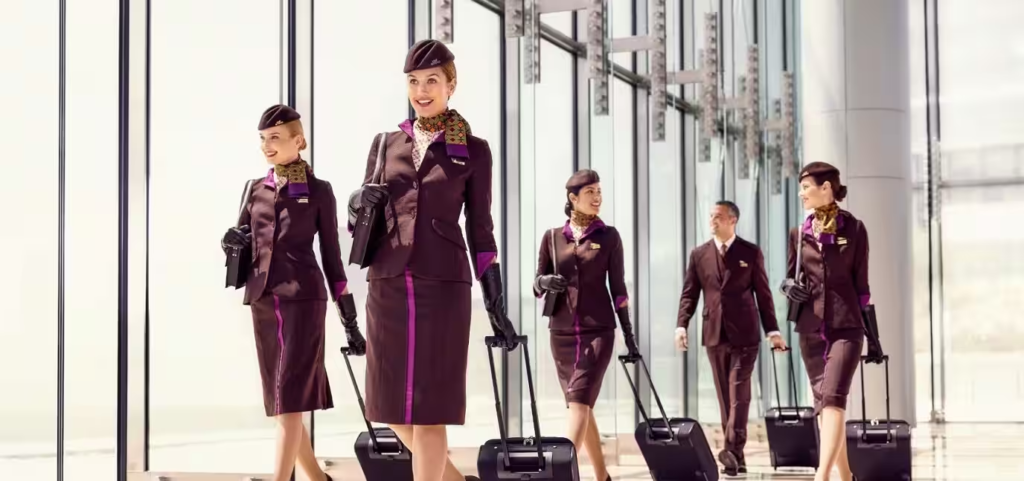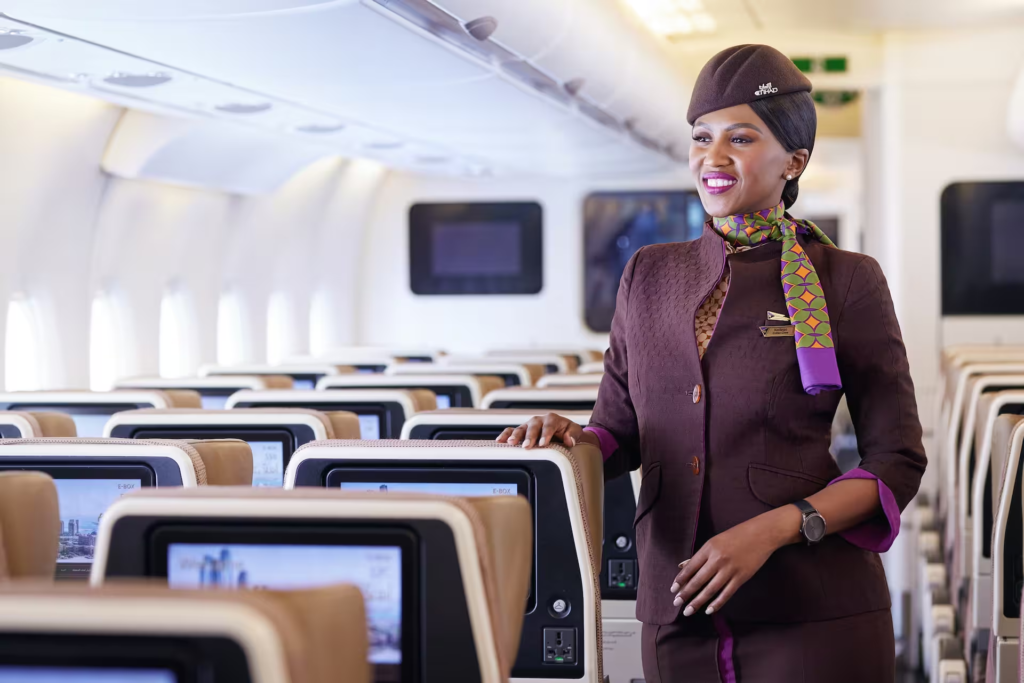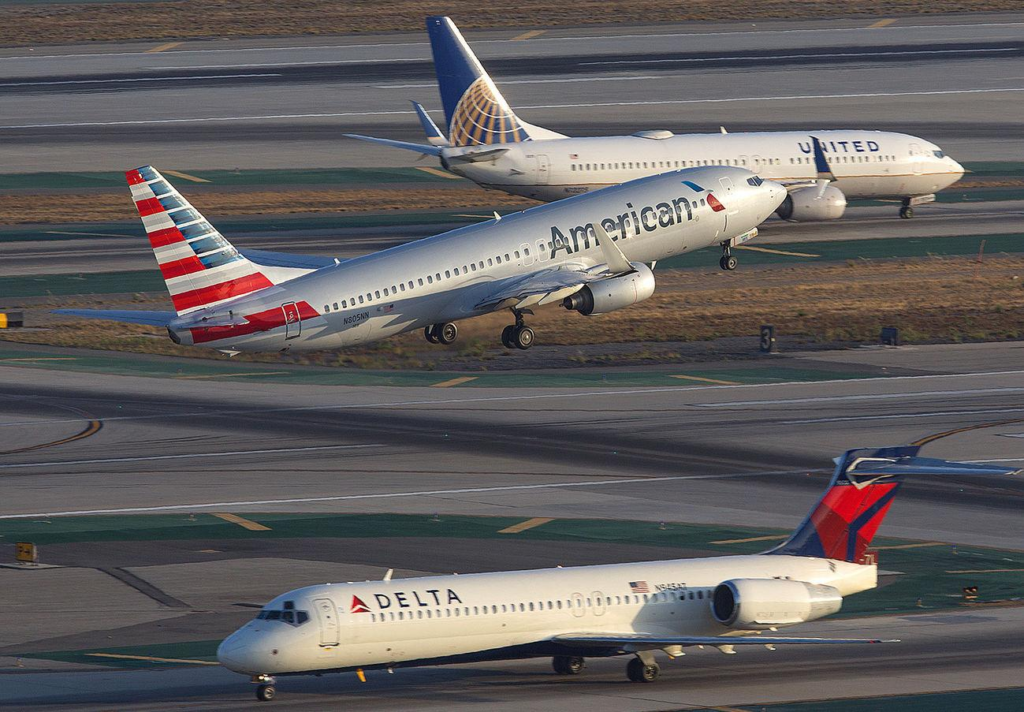ABU DHABI- Etihad Airways (EY) has adopted a practice similar to US-based carriers by discontinuing the provision of ‘boarding pay’ to flight attendants as part of their wages.
The remuneration strategy of not compensating crew members for ground duties, including boarding, is facing challenges from various unions in the United States. Delta Air Lines (DL) has already eliminated this practice, reported PYOK.

Etihad Airways Flight Attendant Pay
Similar to many other airlines, Etihad Airways’ flight attendants receive a base salary along with an hourly allowance for time spent in the air. Previously, flying time was calculated for the entire duty period, encompassing activities from crew check-in to disembarking at the end of the flight.
This previous approach resulted in flight attendants being compensated for crucial ground-related tasks such as pre-flight briefings, security checks on the aircraft, and the boarding of passengers.
It also meant that crew members received payment during the disembarkation of passengers and a brief period thereafter, which included additional security checks.
Starting from February 1, Etihad will no longer compensate flight attendants based on the overall duty period but will instead use a method known as ‘block hours.’
In straightforward terms, block hours are measured from the point when the aircraft pushes back from the gate to when it arrives at the gate at its destination.
It is often referred to as ‘chocks to chocks’ because the time begins when the chocks are removed and stops when the chocks are placed back into position at the destination.

Compensation Based on Block Hours
In an internal communication, Etihad stated that this significant shift is aligned with the “industry standard to utilize block hours” and is a “long overdue change.”
The airline further clarified that this adjustment would contribute to the streamlining of its business and scheduling systems, especially since pilots are already compensated based on block hours.
In an effort to mitigate the impact, Etihad has pledged to increase the hourly allowance rate by a minimum of 30%. Despite this adjustment, flight attendants have still conveyed their dissatisfaction with the modification.

Under normal circumstances, the alteration may not significantly affect the earnings of flight attendants at the Abu Dhabi-based carrier. However, during delays and disruptions when an aircraft is grounded at the gate but the flight attendants are already on duty, there could be a notable impact on their income.
Despite their disappointment, flight attendants find themselves with limited recourse. In the United Arab Emirates, labor unions are prohibited by law, and participating in protests is illegal. Even expressing criticism of the existing situation on social media could lead to serious consequences.

Situation in the US
In the United States, where the issue of ‘boarding pay’ is gaining prominence, Delta currently stands as one of just two airlines compensating flight attendants for boarding at half the standard hourly flying rate.
At American Airlines (AA), the union representing flight attendants is in a struggle with the carrier for a similar arrangement. However, contract negotiations have reached an impasse, and the union is seeking permission to initiate a strike.
Conversely, the union at United Airlines (UA) holds the belief that ‘boarding pay’ is insufficient and has put forth a proposal to compensate flight attendants for the entire duty period—an approach that aligns with the one Etihad is presently eliminating.
Stay tuned with us. Further, follow us on social media for the latest updates.
Join us on Telegram Group for the Latest Aviation Updates. Subsequently, follow us on Google News.

